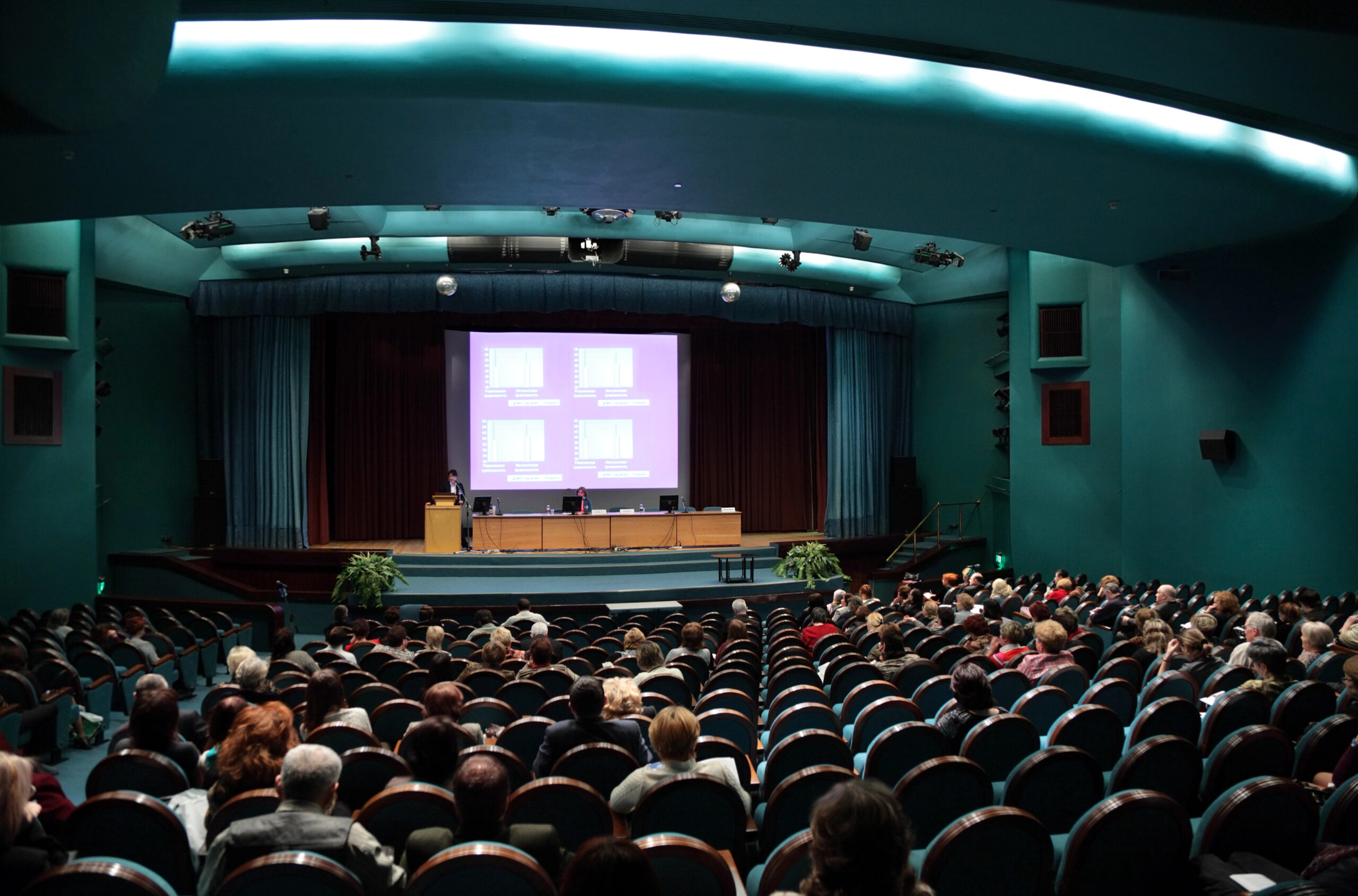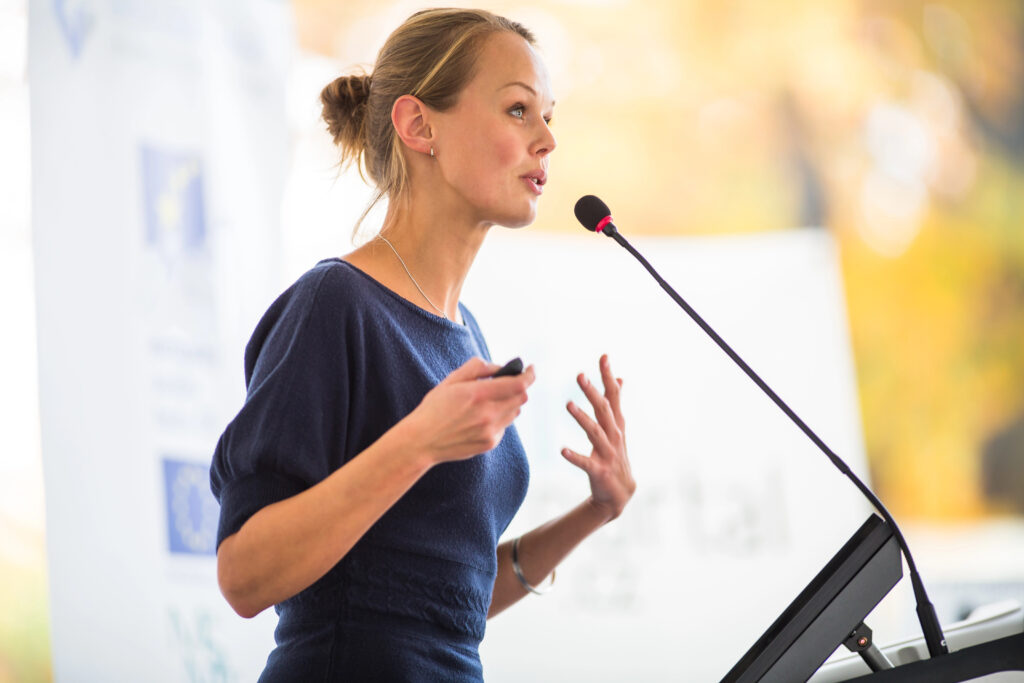Presentations 2025
Explore real-world success stories, lessons learned, and practical strategies from leading experts and companies driving the future of Model Based Definition.

Explore Our Presentations (2025)
Explore a curated lineup of 2025 presentations delivering practical insights and proven strategies in Model Based Definition (MBD).
Hear how industry leaders, technology experts, and MBD practitioners shared real-world experiences, implementation lessons, and innovative approaches—focused on driving adoption, efficiency, and collaboration across the enterprise.
Featured Talks
Gain Insights: Explore the 2025 Presentations
Revisit keynotes, case studies, and hands-on sessions from the inaugural forum—real-world MBD implementations, lessons learned, and practical takeaways.
Day 1
Opening Remarks
Time: 08:30 – 08:45, Day 1
Miroslaw Chamera, CEO, ARIADNE Engineering
Welcome and introduction to the Model-Based Enterprise (MBE) concept and the conference.
Keynote – Digital Twins & Model-Based Definition: A New Era in Component Qualification
Time: 08:45 – 09:35, Day 1
Narendra Akhadkar, Schneider Electric
Explore how digital twin technology combined with Model-Based Definition (MBD) transforms component qualification, predictive maintenance, and design iteration, enhancing efficiency and sustainability.
Lessons Learned from Model-Based Implementations
Time: 9:35 – 10:10, Day 1
Dan Feighery, Action Engineering
Successfully adopting and integrating digital practices and technologies in pursuit of a Model-Based Enterprise is more than just incorporating new tools into an organization’s software stack and digitizing data. Gain insights from recent MBD and MBE projects to optimize digital product definition authoring practices for data re-use throughout the product life cycle.
Real-World Quality Control Use Cases for MBD
Time: 10:30 – 11:05, Day 1
Aleksa Dopudja, Capvidia
Discover the impact of MBD in industries like aerospace, automotive, and consumer goods, including case studies that show how MBD improves collaboration and operational efficiency.
MBD Journey @ Hitachi Energy
Time: 11:05 – 11:40, Day 1
Fredrik Montelius, Hitachi Energy Components
Learn how Hitachi Energy implemented MBD to improve supplier information management, quality control, and tolerance analysis.
The Digital Thread, Model Based Enterprise, Model Based Definition, and Mechanical Variation Management
Time: 11:40 – 12:15, Day 1
Ed Walsh, Sigmetrix
This presentation will attempt to provide a better understanding of how manufactures are attempting to create a "digital thread" that connects product requirements, engineering, manufacturing, quality, and more. It will offer practical suggestions of the benefits to a company and the required investments based on real world interaction with global manufacturers. It will also offer observations on why companies are struggling to successfully achieve these objectives.
From MBD data to MBE value: Bridging the Collaboration Gap
Time: 13:15 – 13:50, Day 1
Patrick Dunfey, ANARK
The value of PLM and CAD investments stalls when model-based data must move beyond engineering. This “collaboration gap” leaves manufacturing, quality, and suppliers struggling with manual data conversions, outdated documents, untraced communication, and unforeseen costs. This session explores how leading companies are turning MBD data into MBE value by making product data secure, accessible, and actionable across the enterprise. Attendees will gain practical insights into digital thread enablement, supplier collaboration, and standards-based deliverables—learning how to accelerate adoption, improve quality, reduce errors, and unlock the full promise of the model-based enterprise.
Advanced MBE Methods that Inform Bidirectional Communication Between Manufacturing and Quality Disciplines
Time: 13:50 – 14:25, Day 1
Tom Groff, Kotem
Manufacturing and Quality disciplines consume data and publish data to the digital thread. What data should be included for optimizing the various interactions between Manufacturing and Quality? Learn how Manufacturing can benefit from Quality data, and how Quality can benefit from Manufacturing data. We will discuss the tools and processes needed for maximizing on the Manufacturing and Quality digital thread data that is available through Model Based Enterprise (MBE) practices.
How to make your CAD models MBD ready?
Time: 14:25 – 15:00, Day 1 (Parallel Session)
Jan Stothfang, B&W Software
Successful MBD/MBE initiatives require that documentation data in CAD models is created quickly, reliably, and consistently. This means moving beyond replicating old 2D workflows, and instead providing clear modeling guidelines and tools to structure product manufacturing information (PMI) for seamless downstream use. In this session, you will learn how SmartMBDTools for Creo support both new and existing models in an MBD environment. We will cover easier handling of Combined States, automation with Contexts, the use of colour coding, and strategies for managing multi-language annotations.
Design Efficiency: The Impact of Automated Tolerance Allocation
Time: 14:25 – 15:00, Day 1 (Parallel Session)
Kieran Ciniewicz, Manufacturing Technology Centre (MTC)
Kieran will present on automated, 3D, MBD-based tolerance analysis and its impact on product quality and manufacturing cost.
ASME Model-Based Standards Activities
Time: 15:30 – 16:05, Day 1 (Parallel Session)
Fredric Constantino, ASME
ASME is updating standards for model-based operations through its MBE Standards and MBE & Y14 Harmonization Committees. Working with ISO TC 10, they align digital product definitions across ASME Y14.41, Y14.47, and ISO 16792. The presentation will cover current initiatives and how to get involved to maximize your model-based investments.
Modular Model Based Enterprise
Time: 15:30 – 16:05, Day 1 (Parallel Session)
Jakob Åsell, CTO, Modular Management
Jakob will present on how to maximize your investment in MBE by structured modularization, data reuse and utilization of 3D models.
Day 2
Keynote – Okay to Fail: The Entrepreneurial Spirit of Digital Transformation
Time: 08:30 – 09:20, Day 2
Andrew Pierce, GE Appliances
Andrew Pierce shares how GE Appliances cultivates an entrepreneurial spirit to empower leaders at all levels to drive digital transformation. This session explores how innovation, iterative development, and a willingness to fail forward have reshaped engineering culture and accelerated progress. Attendees will gain insights into balancing adaptive and predictive approaches, fostering ownership, and building momentum for lasting change through curiosity, collaboration, and continuous improvement.
MBD Implementation @ Vestas
Time: 09:20 – 09:55, Day 2
Dennys Gomes, Vestas
Vestas began its Model-Based Definition (MBD) journey in 2017 to replace traditional 2D drawings with annotated 3D models, enhancing clarity and efficiency across the value chain. After extensive research and collaboration, MBD deployment began in 2021 using PTC tools. The initiative addresses supplier challenges, optimizes Creo methods, and supports digital transformation through training, governance, and phased implementation. With a focus on reusable frameworks, digital threads, and technical data packages, Vestas is progressing toward a model-based enterprise. This presentation shares insights, lessons, and the transformative potential of MBD in engineering and manufacturing.
Model-Based Tolerance Analysis
Time: 09:55 – 10:30, Day 2
Karl Henrik Ryttersson, ARIADNE Engineering AB
Model-Based Tolerance Analysis integrates directly with 3D CAD to automate product development, using ISO GPS and functional reference systems to define geometry and ensure quality while controlling costs. By capturing product function and optimizing tolerances, it streamlines quality control and achieves the ideal balance between performance and manufacturing expense.
From 3D Model to CMM – Automatization of Metrology with 3D PMI & QIF
Time: 10:50 – 11:25, Day 2
Marcus Grahn, Hexagon & Mats Johansson, Dynamate
This session explores how 3D models with semantic PMI are integrated into Hexagon's PCDmis software for automated metrology, improving the accuracy of inspections.
How is PTC supporting MBD/MBE
Time:11:25 - 12:00, Day 2
Jonas Ljungsten, PTC Sweden
This presentation provides an overview of PTC Products to support the authoring and management of MBD information. It will be an overview of CREO for authoring and Windchill for the management of the (MBD) and datasets within the Model-Based Enterprise.
Smart Manufacturing & MBE: The Role of Metrology
Time: 13:00 – 13:35, Day 2
Helena Björk, RISE
Helena discusses how metrology is evolving in the context of smart manufacturing, and the critical role MBE plays in enhancing manufacturing efficiency and precision.
From Digital Design to Manufacturing: MBD-Driven CAM Automation
Time: 13:35 – 14:10, Day 2
Fredrik Svensson, Sandvik Manufacturing Solutions
This session demonstrates how Sandvik, using the Up2Parts AI platform combined with GibbsCAM or Mastercam, leverages 3D models enriched with Product and Manufacturing Information (PMI) to automatically generate NC programs. That greatly reduces CAM programming time, minimizes human error, and shortens lead times from design to first article.
Digital Thread: Characteristics
Time: 14:10 - 14:45, Day 2
George Rendell, Siemens Digital Industries Software
Siemens introduces first traceable Digital Thread for Characteristics. DMSC specification for Model-Based Characteristics are supported through Design, Manufacturing, Quality, and PLM workflow. New Characteristics capabilities are built on the industry’s leading capabilities for Product Manufacturing and Information (PMI) and Model Based Engineering (MBE).
Model Based Definition for Digital Thread in Industry: Why, How, What?
Time: 15:15 – 15:50, Day 2
Dr. Sven Kleiner, em engineering methods AG, Germany
Digital masters and digital twins drive the product lifecycle by leveraging fully linked 3D CAD, ISO‑GPS, and PMI in a Model‑Based Enterprise—spanning CAD/CAM, CAQ, and supply chains. This session explores new workflows, best practices, technology solutions, and industry use cases (aerospace, automotive, machinery), concluding with a forward‑looking view on digital twins in engineering and operations.
Secure Your Spot for 2026 Today!
Don’t miss out on the opportunity to network and innovate. Register now to be part of this exciting event.




Common Questions
Find answers to your questions about the presentations, from speaker topics to session formats and post-event access.
The forum features presentations from leading experts at companies such as Schneider Electric, Hitachi Energy, GE Appliances, Sandvik, and many more. Each speaker brings hands-on experience in implementing MBD across industries.
The sessions explore a wide range of MBD-related themes including digital twins, tolerance analysis, CAM automation, metrology integration, and enterprise-wide digital transformation strategies.
Both. The program includes high-level strategy discussions as well as in-depth technical presentations aimed at engineers, managers, and decision-makers involved in digital product development.
Yes, selected presentations and materials will be made available to registered participants after the forum.
Absolutely. Most sessions include a Q&A segment, and there will also be networking opportunities to engage with speakers one-on-one.
Yes, all presentations and sessions will be held in English to accommodate an international audience.
